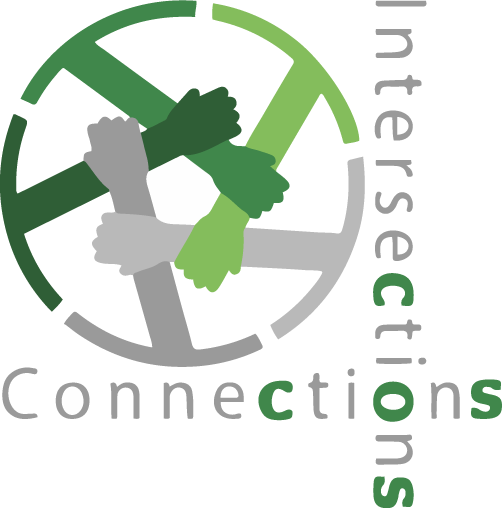The Defragmentation of Knowledge: How to Bridge Disciplines in Favor of Learning
Abstract
The origins of a universal compulsory education can be traced back to the rise of agriculture, when children were forced laborers in fields and later polluted factories. As children worked and studied, the level of inculcation varied depending on the masters. The need for specialized training emerged from these conditions, with disciplines favoring secularism, and ones that inoculated boys with ideas of patriotism to compartmentalized scholarly studies, as we know them today. And while time did away with corporal punishment, medicating eventually became another method for controlling children whose instinct to play was insatiable. So, play had no place in education, like the arts have no claim to the sciences or technology to language learning. How do we challenge this type of thinking that holds rigid these myths that claim absolutism in any one field? “…all human knowledge is partial, and no one is untouched by the community of thinkers or researchers in which she or he lives.” - Hustvedt, S. (2017) How do we move our teaching from the shallow end of cross disciplinary learning and into the depths of interdisciplinary learning? Let us bridge our knowledgeabilities in favor of teaching the way students naturally learn - as play, exploration and a free pursuit of their own interests. A culture of integration has to involve everyone. We will examine this idea and its impact on education, through open and honest dialogue among specialists in the fields of Special Education, Language Learning, Technology and the Arts.
Start Date
27-3-2019 11:00 AM
End Date
27-3-2019 11:50 AM
Room Number
U-Hall 3-092
Presentation Type
Panel
Disciplines
Arts and Humanities | Bilingual, Multilingual, and Multicultural Education | Education | Language and Literacy Education | Technology and Innovation
The Defragmentation of Knowledge: How to Bridge Disciplines in Favor of Learning
The origins of a universal compulsory education can be traced back to the rise of agriculture, when children were forced laborers in fields and later polluted factories. As children worked and studied, the level of inculcation varied depending on the masters. The need for specialized training emerged from these conditions, with disciplines favoring secularism, and ones that inoculated boys with ideas of patriotism to compartmentalized scholarly studies, as we know them today. And while time did away with corporal punishment, medicating eventually became another method for controlling children whose instinct to play was insatiable. So, play had no place in education, like the arts have no claim to the sciences or technology to language learning. How do we challenge this type of thinking that holds rigid these myths that claim absolutism in any one field? “…all human knowledge is partial, and no one is untouched by the community of thinkers or researchers in which she or he lives.” - Hustvedt, S. (2017) How do we move our teaching from the shallow end of cross disciplinary learning and into the depths of interdisciplinary learning? Let us bridge our knowledgeabilities in favor of teaching the way students naturally learn - as play, exploration and a free pursuit of their own interests. A culture of integration has to involve everyone. We will examine this idea and its impact on education, through open and honest dialogue among specialists in the fields of Special Education, Language Learning, Technology and the Arts.



